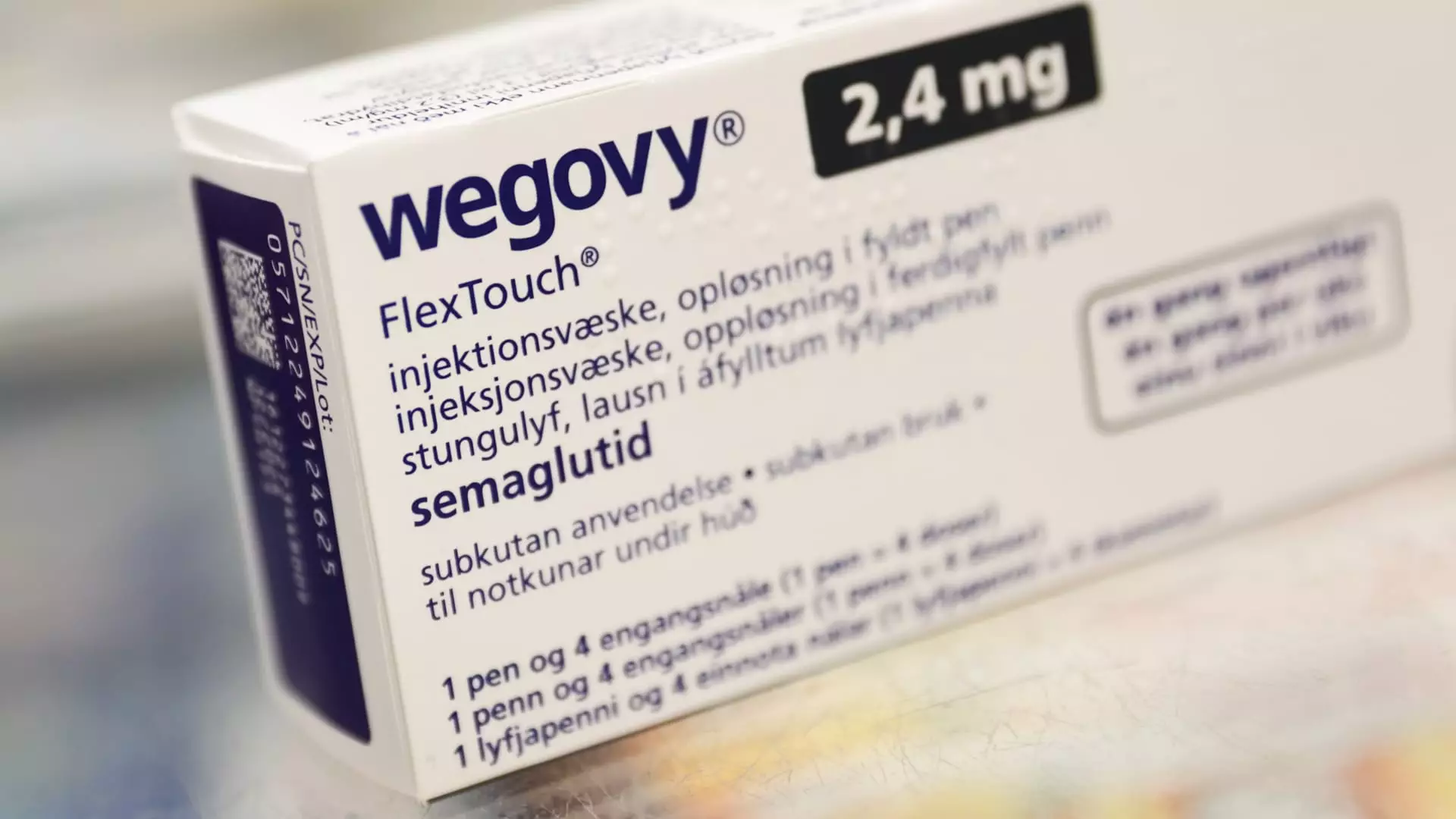Novo Nordisk has taken a bold step by offering its weight loss medication, Wegovy, for a mere $499 per month through its new online pharmacy, NovoCare. This move, which slashes the retail price of nearly $1,350 by more than half for cash-paying patients, challenges the status quo in the pharmaceutical industry. For those struggling with obesity, this could represent more than just an opportunity; it signifies real hope in a landscape where affordable healthcare options are often elusive. The initiative aims to widen access for the millions lacking insurance coverage specific to this treatment, truly democratizing healthcare solutions.
Competing in the Market: A Winning Strategy?
While Novo Nordisk deserves commendation for its efforts, one has to wonder if this shift is merely a reactive measure in response to the increasing popularity of compounded alternatives during a recent supply shortage. These compounded medications often pose health risks due to unreliable ingredient quality and unregulated manufacturing processes. By promoting Wegovy and positioning it as the patient’s safest choice, Novo Nordisk is certainly differentiating its brand. However, it raises questions about whether the company can maintain this momentum against competitors like Eli Lilly, who are using similar strategies to win over patients. The pharmaceutical industry is notorious for its cutthroat nature, and a price reduction alone may not guarantee dominance.
A Peek into NovoCare’s Patient-Centric Services
The move to launch NovoCare not only includes a significant price reduction but also integrates patient support services such as refill reminders and access to live support. This holistic approach may ensconce patients within the ecosystem of Wegovy, minimizing the chance they’ll stray to less reliable alternatives. However, while these services add value, one might argue that they are intended more to retain customers than to truly empower them. Will patients feel genuinely supported, or will they feel like pawns in a high-stakes pharmaceutical chess game?
Future Opportunities: Expanding Accessibility or Temporary Measure?
The promise by Novo Nordisk to extend similar cost reductions to patients utilizing traditional retail pharmacies is an ambitious plan that could further enhance accessibility. But skepticism remains: will this price reduction be a sustainable effort long-term, or simply a tactic to garner market share amidst fierce competition? This question looms large as the company tries to solidify its place in the evolving landscape of anti-obesity treatments. The FDA’s recent announcement regarding the end of supply shortages adds another layer of complexity to this chess game, considering that it prohibits compounding pharmacies from creating their own unapproved versions of Wegovy and Zepbound.
The Ethical Implications of Competition
Finally, one cannot overlook the ethical implications of this competitive landscape. The rush to dominate the GLP-1 market in a way that prioritizes profit over patient well-being raises significant ethical questions. While the prospect of affordable medication is certainly commendable, it prompts an examination of whether price cuts can truly alleviate the systemic issues plaguing healthcare accessibility in America. Are pharmaceutical companies genuinely interested in the well-being of their consumers, or are they merely vying for consumer loyalty in a game dictated by the bottom line? This ongoing narrative will shape the future of how we view pharmaceutical ethics in healthcare.


Leave a Reply